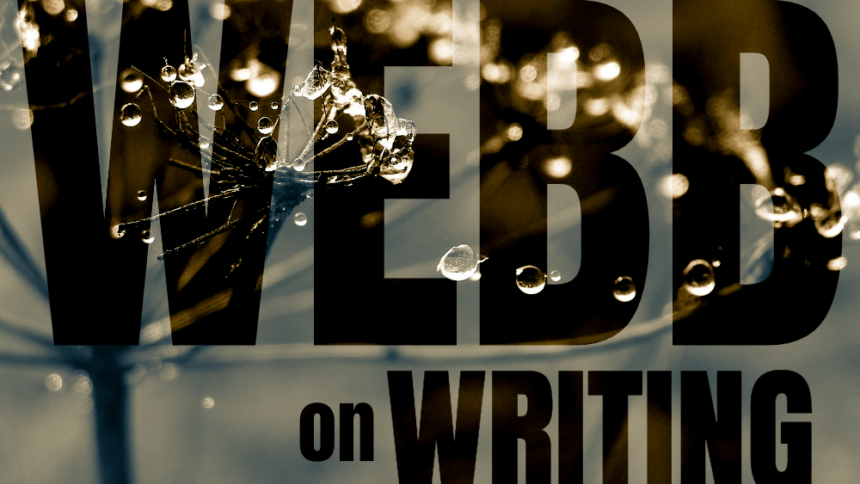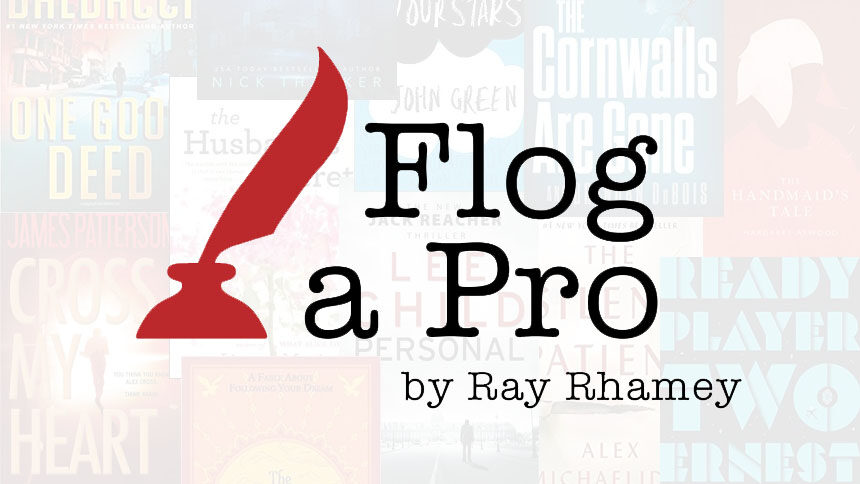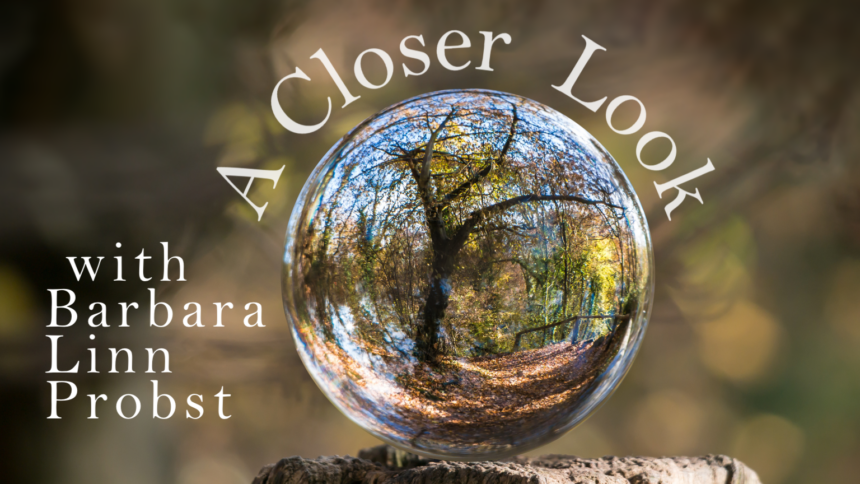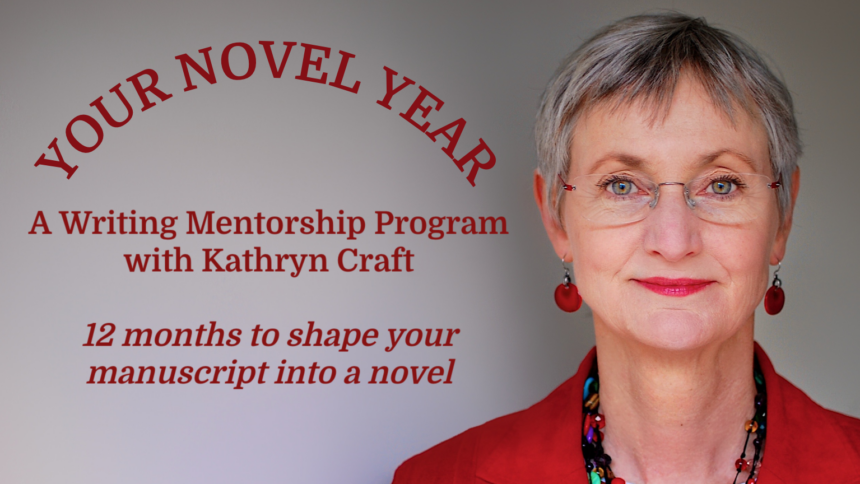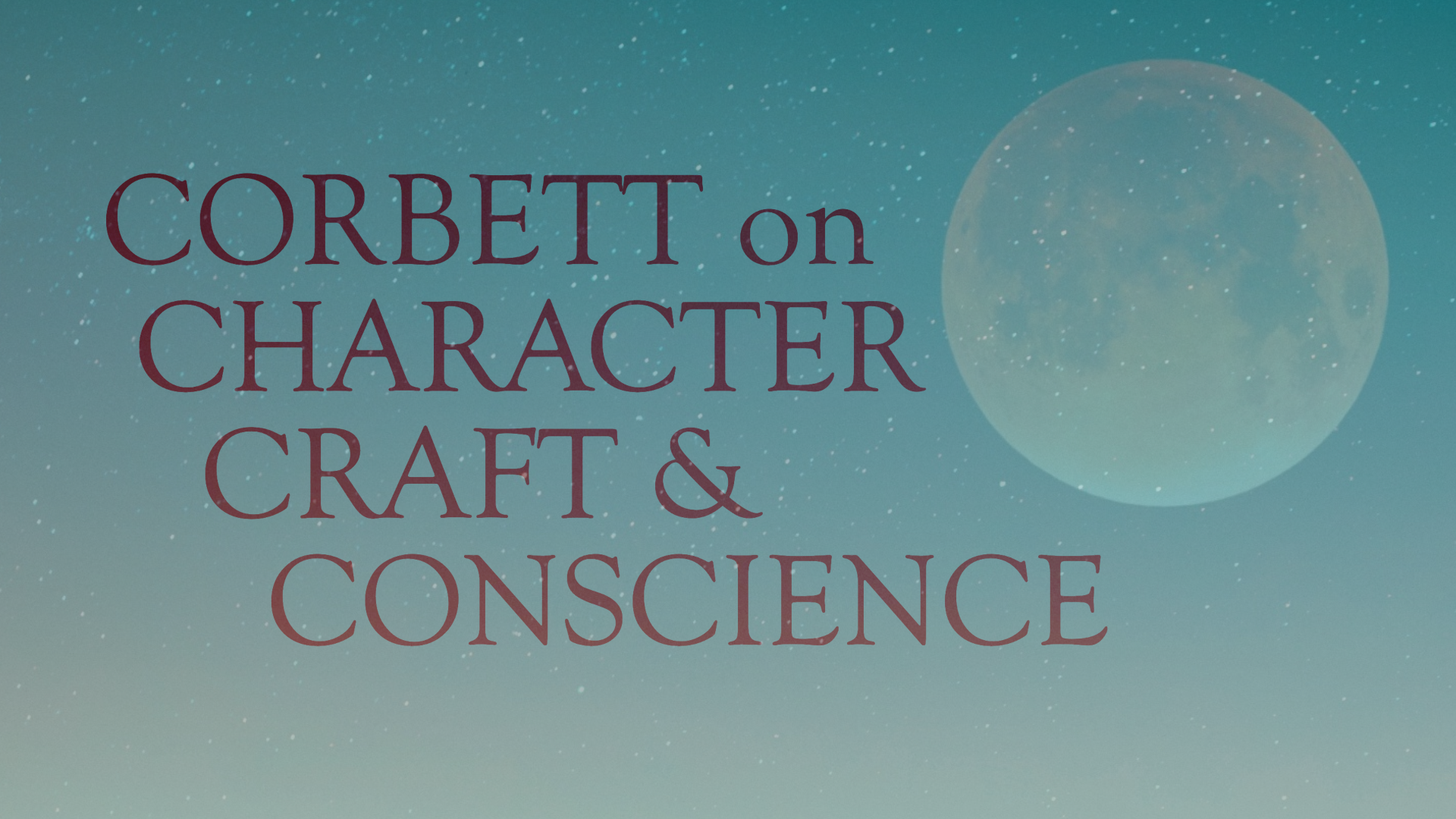The Past is Now, and Using Conflict in Fiction
I must admit, I have history on the brain these days. It should come as no surprise that as a historical fiction writer, I subscribe to the idea that history is always relevant. Understanding what has passed is the answer to our whys and hows, and becomes the building blocks of the future. While reading (and writing) historical fiction, I’m searching for aspects not always present in other genres of fiction, that are, in fact, the hisfic genre’s strengths. Things like:
Today, history is being made around us, for better or worse, and as writers, it’s nearly impossible not to consider how that affects our ways of life as well as our thinking. To many of us, we’re watching in horror as history’s dark past becomes the present once again. It seems we are doomed to repeat history as is so often said, because the human memory is short, and frankly, I don’t know many teenagers—or many adults—who have learned from someone else’s mistakes. Mostly we learn from our own. So here we are, in the midst of a great conflict.
Lately, common words in our everyday vocabulary are:
protest, resist, contradict, agitate, depose – all examples of CONFLICT
Another way to view conflict J. Turnbull of Oregon State University shares with eloquence: conflict really means “thwarted, endangered, or opposing desire.” These are fundamental words to those who wish to protect democracy, protect rights, protect others, but they’re also fundamental words in our writing lives. Conflict in all its forms are essential to a character’s journey and development, and ultimately, to the outcome of their fate.
There are many ways to sew conflict into a story, both externally and internally. A combination of both makes for a stronger narrative in general, though some character-driven stories are quite successful with the majority of the conflict being internal as well. We probably know a lot about conflict already, but I find after years and years of writing, it’s still easy […]
CRAFT/ Inspirations/ REAL WORLD

















